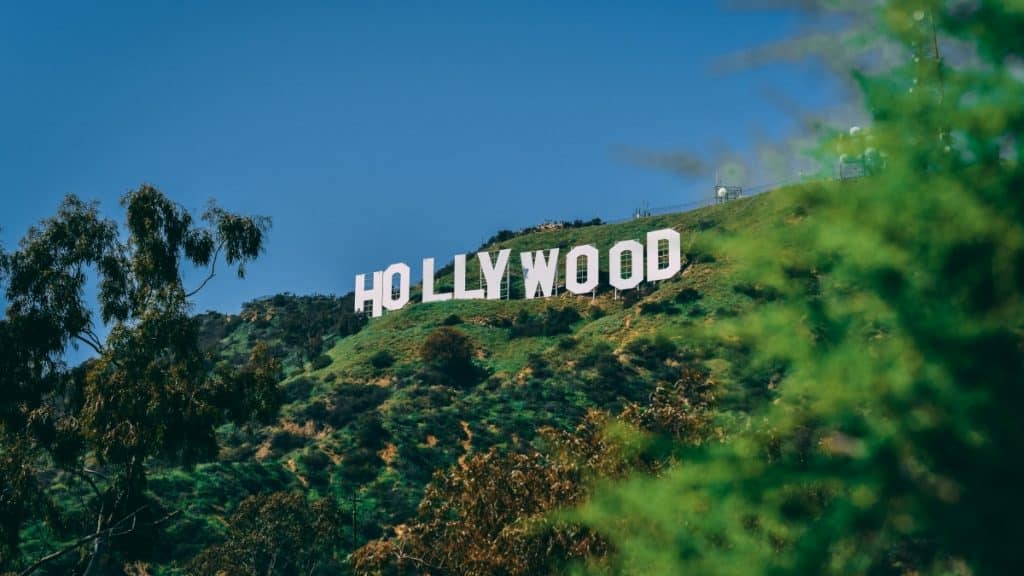Artificial intelligence has taken the world by storm, impacting almost every sector and industry. It’s safe to say that Hollywood and filmmaking, in general, are no exception.
And while AI adapts, so should we. As someone in the film industry, you should be looking at all the AI trends, shifts, and tools that are currently bringing a new edge to creativity and efficiency. The evolution of AI tools is changing the way films are being produced today, leaving traditional methods in the dust.
From script to storyboard tools in pre-production to casting decisions or post-production workflows, read on to see just how AI is molding the future of Hollywood.
A Closer Look at How AI Is Transforming Filmmaking
In order to look forward it’s essential to first understand how AI is currently being used in the filmmaking process. This will give you the building blocks to better visualize what the future has in store.
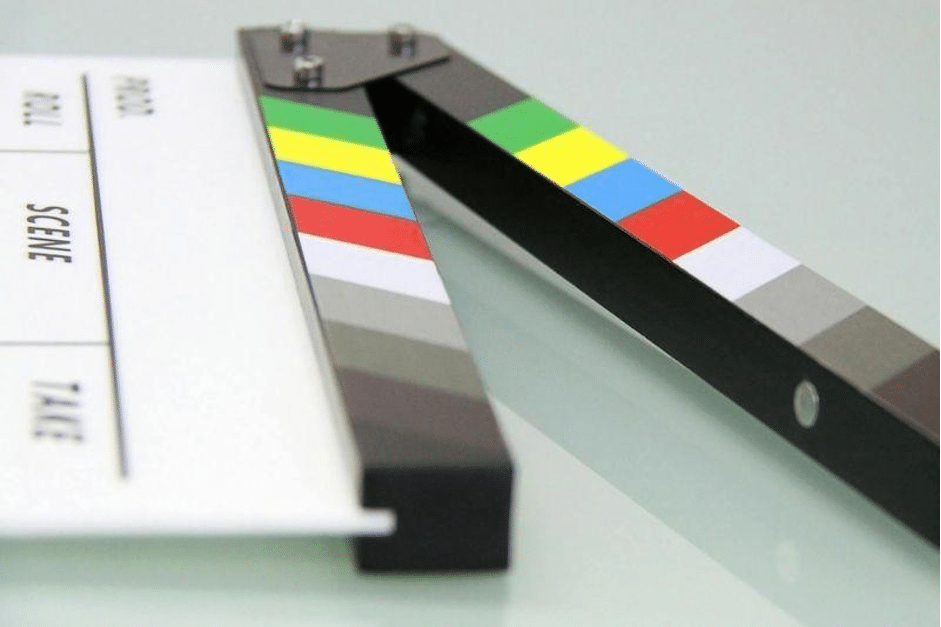
Using AI in Pre-production
The use of AI in the movie industry begins at the scriptwriting stage before the lights and cameras are out. For starters, you get tools that can help you write a full movie script, or if you already have one, some are programmed to use natural language processing to analyze scripts. These tools can also give insight into plot and character and even predict box office success.
Once a script is ready, the next step is to create storyboards, which visually represent film sequences and break down the action into individual panels. In the past, pre-production staff used to draw these by hand, which took up plenty of time and resources.
Today, tools like Shai can turn your script into a storyboard in a matter of minutes. These tools can help with scriptwriting, shot listing, call sheets, casting, and location scouting.
Using AI in Production
A noteworthy contribution of AI in the production process is automated camera systems. These are AI-driven camera systems that capture high-quality footage no matter the environment, come rain or sunshine.
It offers a more reliable and cost-effective solution for studios, negating the need for an on-site camera crew. You’ll have access to increased shooting time and productivity as this system operates around the clock without breaks.
Finally, AI reduces the chance of human error during shooting, produces perfectly stable shots, and flawlessly tracks subjects every time.
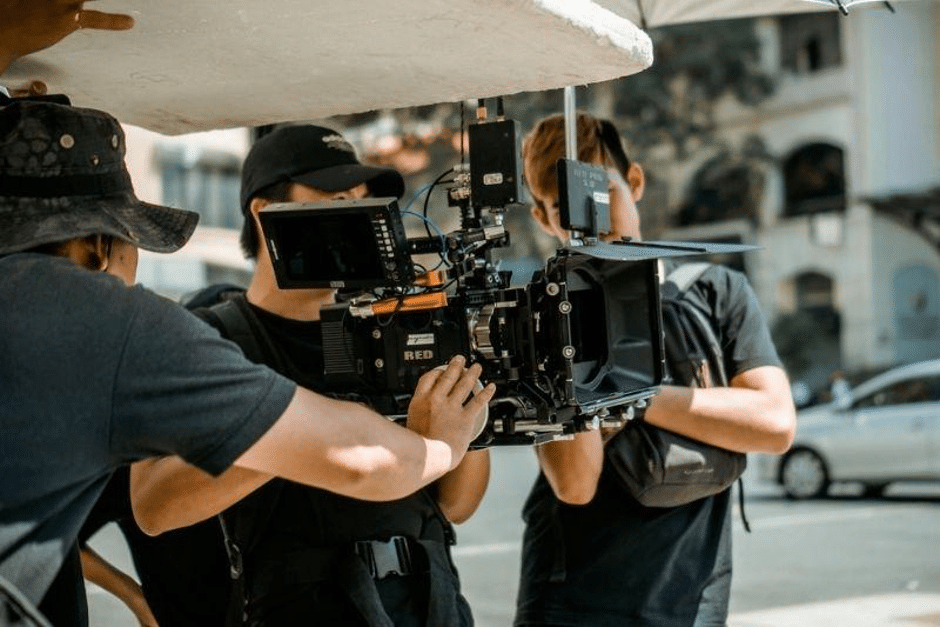
Using AI in Post-production
When it is time for post-production, AI can significantly reduce the costs and time involved in this step. It’s proven to be a game-changer in the world of post-production, adding masterful final touches to a film.
Some tools use machine learning to automate editing tasks including scene stabilization and removing objects. The sound design process is also sped up by using AI to categorize and retrieve sounds from their vast library. Unwanted background noise can be detected and eliminated while improving the clarity and intelligibility of speech.
AI is also a handy tool for color correction and grading, which, when done traditionally, is very time-consuming. Now, color correction is automated and consistent. Lastly, AI has also pushed boundaries in the realms of visual effects (VFX) and computer graphics (CG) by speeding up and streamlining these processes.
Interested in more AI news? Check out the latest AI Audio Tools on the market.
Future Trends Impacting the Film Industry
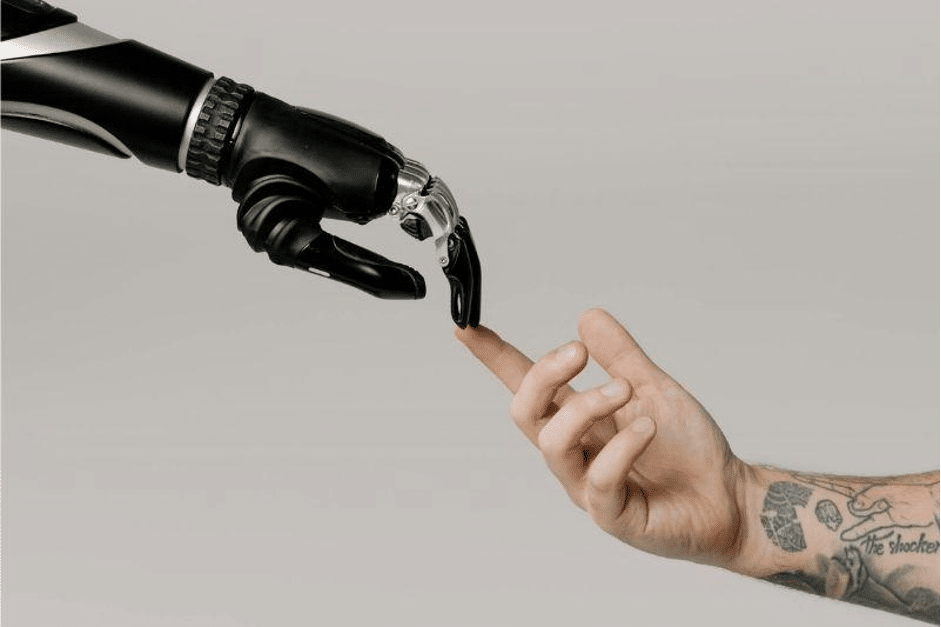
So, what does the future of Hollywood look like with AI talking over every step in the movie production process?
Funny enough, the future of Hollywood is likely in the past. AI has the ability to make, remake, or remix existing footage, with film restoration at the forefront. While there are already AI tools available, we’ll likely see more advanced and refined ones popping up with the intent of repurposing old or existing films.
Tools like ChatGPT and Bard will continue to evolve to enhance and analyze scriptwriting, which will be more data-driven rather than simply creative. Storyboarding platforms will keep getting better and better while others improve the alteration of an actor’s expression or age.
These are sort of expected, but you will see more virtual actors or deepfakes, avatars that can mimic real-life actors or fictional ones starring in movies.
Advantages vs. Drawbacks of AI in Filmmaking
The advantages and drawbacks of AI in filmmaking can also impact how it will transform the future of Hollywood. Here’s a closer look.
Advantages of AI in the Film Industry
- Writing is more efficient and scalable: AI’s machine-learning algorithms can write scripts in seconds, allowing production companies to compete with the intense demand to create content.
- AI automates time-consuming tasks: Admin and pre-production tasks like storyboarding can be automated, saving your production lots of time. This way, you and your crew can focus on more important aspects of film-making.
- AI saves you money: Expanding on the previous point, time is money. With AI automating basic tasks, the pre and post-production processes become less time-consuming and, as a result, more cost-effective.
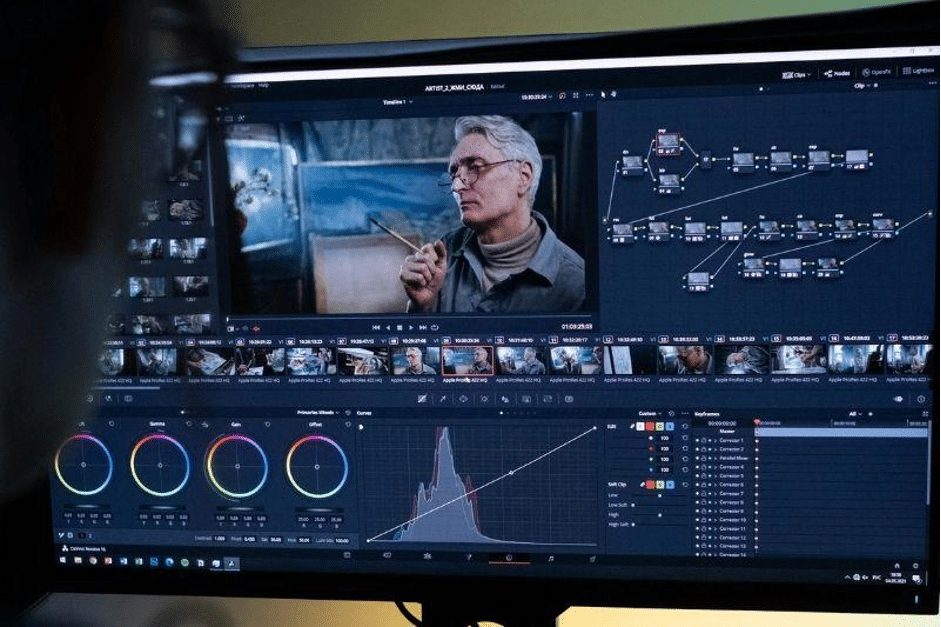
Drawbacks of AI in the Film Industry
- Homogenized content is a huge risk of using AI in movie production: Since AI tools train on scripts that have historically found success, their algorithms could favor specific genres, themes, or narrative structures.
- Potential human job loss: Sound engineers, writers, VFX artists, concept artists, and other positions could be at risk.
- There’s a lack of emotion and creativity: While this is something that could be solved in the future, AI just doesn’t have the ability to produce realistic and convincing emotions on digital characters. AI might be able to speed up the creative process, but without human input, the content lacks creativity and originality.
- AI can negatively affect actors: AI’s ability to replicate, de-age, enhance actors, and even allow them to perform posthumously could be more harmful than previously thought. The image and reputation of an actor could be altered negatively.
What Does the Future Look Like for Hollywood?
While AI-driven tools definitely have a place in the future of filmmaking, there’s still a lot of trial and error to overcome. If used correctly, AI can shape Hollywood’s future for the better, adding those final fine-tuning touches to human creativity.
But, if used wrong, AI may just be the end of Hollywood due to a lack of originality and creativity—something a machine cannot create from scratch.
Up Next: Why VR is the future of entertainment and business.
